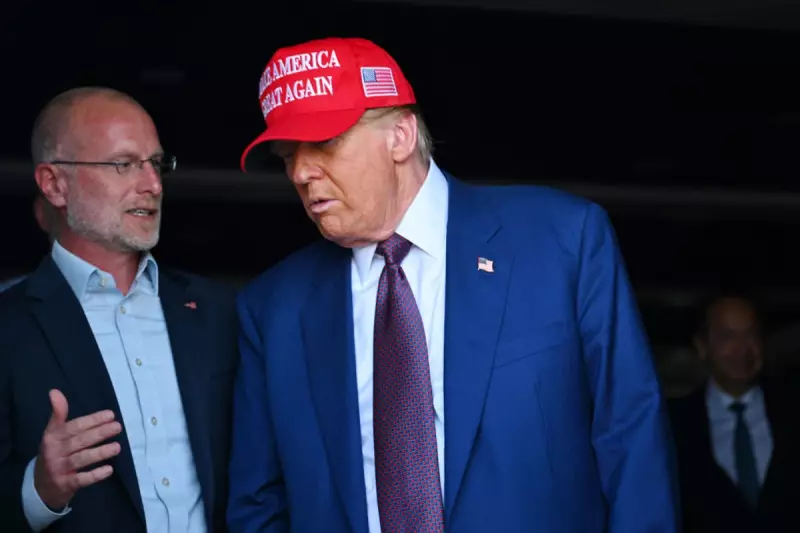
In a dramatic escalation of his long-running feud with late-night television, former US President Donald Trump has publicly demanded that the Federal Communications Commission (FCC) revoke the broadcast licence of ABC network. The incendiary call to action comes in direct response to a recent monologue by host Jimmy Kimmel on his show, Jimmy Kimmel Live!
Taking to his social media platform, Truth Social, Trump launched a vehement attack, labelling Kimmel a 'stupid fool' and accusing him of delivering a 'false and highly defamatory' joke at the former president's expense. The post explicitly urged the federal regulator to punish the network, a move that legal experts swiftly condemned as a fundamental misunderstanding of both the FCC's role and the constitutional right to free speech.
A Clash of Satire and Power
The incident highlights the enduring tension between political satire and powerful figures. Kimmel, known for his sharp wit and frequent critiques of Trump, appears to have struck a nerve with a particular joke, the exact content of which Trump's post did not specify. This is not the first time the two have clashed, but the call for official, government-led censorship marks a significant intensification.
The First Amendment Firewall
Legal scholars and free speech advocates were quick to point out the profound constitutional issues with Trump's demand. The FCC does not licence individual networks or shows; it licenses local broadcast stations. More importantly, its mandate is to regulate the public airwaves for technical operation and content like obscenity or indecency—not to police political humour or satire, which is firmly protected under the First Amendment.
"This is a blatant attempt to weaponise a government agency against a critic," stated a spokesperson for the American Civil Liberties Union. "The First Amendment exists precisely to protect speech, especially political speech, from exactly this type of government overreach."
Broader Implications for Media Freedom
The controversy raises alarming questions about the pressures faced by media outlets and entertainers. A precedent where a government body could silence satirists based on the complaints of the subjects of their jokes would represent a seismic shift away from foundational American liberties. The FCC has not publicly commented on Trump's post, and it is considered highly unlikely to act upon it.
For now, the row stands as a stark reminder of the ongoing battles over free expression, the boundaries of comedy in political discourse, and the challenges media faces in an increasingly polarised landscape.





